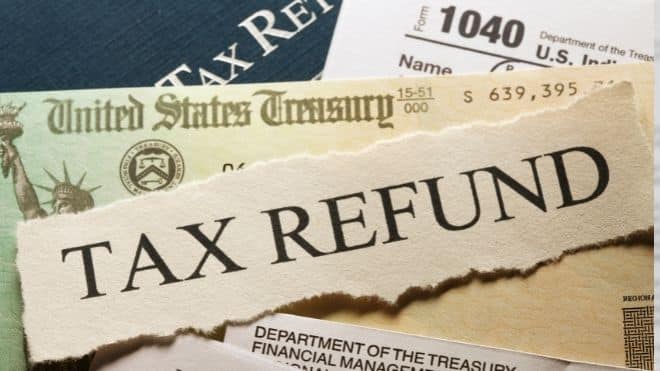A recent audit by the California State Auditor has spotlighted several problems with the Middle Class Tax Refund (MCTR) program, a stimulus initiative designed to alleviate the financial strain of inflation and rising gas prices on Californians. Despite disbursing over $9.2 billion through tax refunds, the program faced significant challenges, including customer service failures and fraud concerns.
Initially proposed by Governor Gavin Newsom in March 2022, the MCTR aimed to provide up to $1,050 to qualifying residents. However, the implementation faced hurdles, with many recipients struggling to access their funds via issued debit cards. An audit found that out of 2 million calls to the helpline operated by Money Network, LLC, 900,000 were unanswered, leaving many without needed assistance.
Moreover, concerns about fraud emerged when it was discovered that a large portion of the debit cards were distributed without the planned fraud-prevention chip technology. The audit criticized the state and Money Network for not being able to accurately determine the extent of fraud due to inadequate response to customer inquiries and lack of tracking.
The audit also criticized the payment structure of the contract with Money Network, suggesting that it did not protect the state’s best interests. It highlighted that nearly 90% of the contract’s total cost was paid out in the first 15 months of the 49-month agreement, and the contract lacked provisions for assessing damages if Money Network failed to meet its obligations.
In response to the findings, Assemblymember Jim Patterson called for the state to reconsider its business with Money Network. The audit recommended that California establish master agreements with debit-card vendors and explore various payment methods for future financial relief efforts.
As the Franchise Tax Board (FTB) works to address these issues, over a million MCTR cards remain unactivated, representing $611 million in payments. The FTB has pledged to…
Read the full article here

Leave a Reply